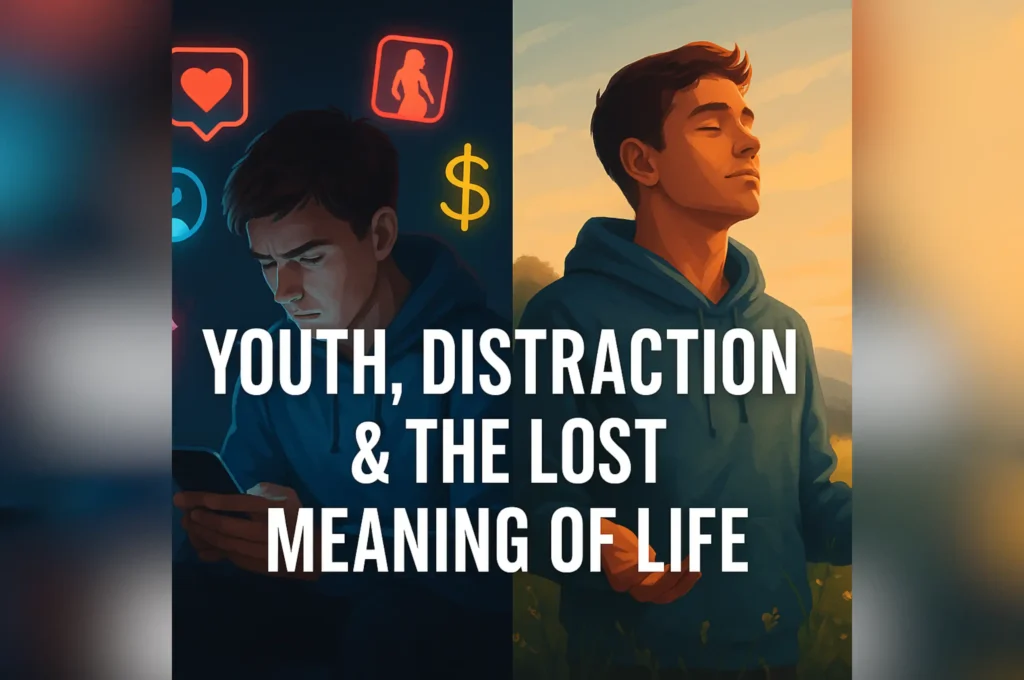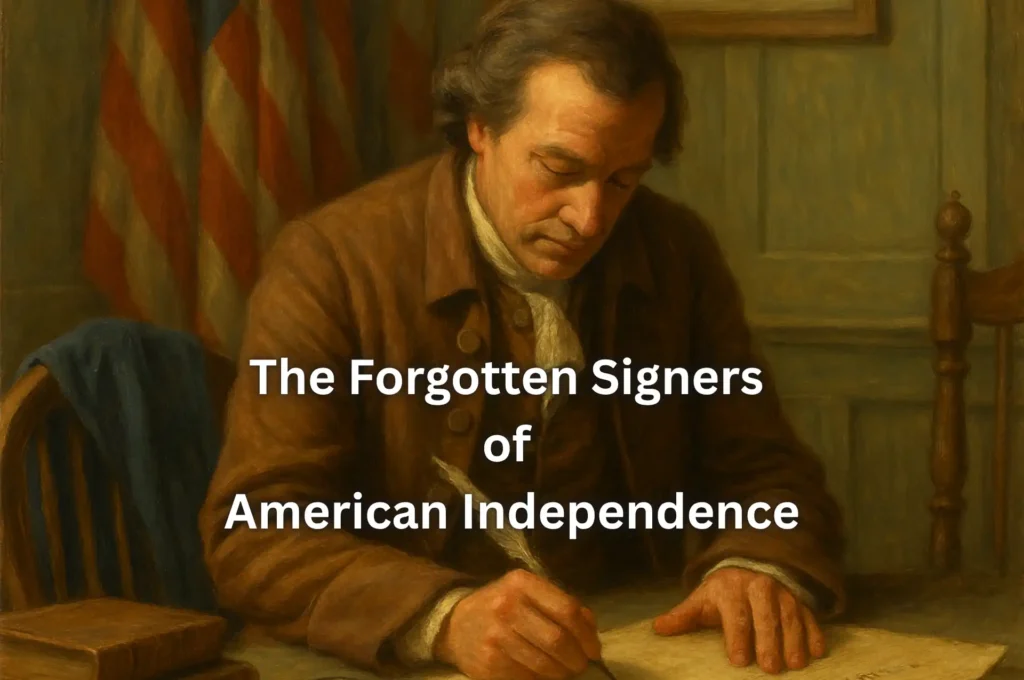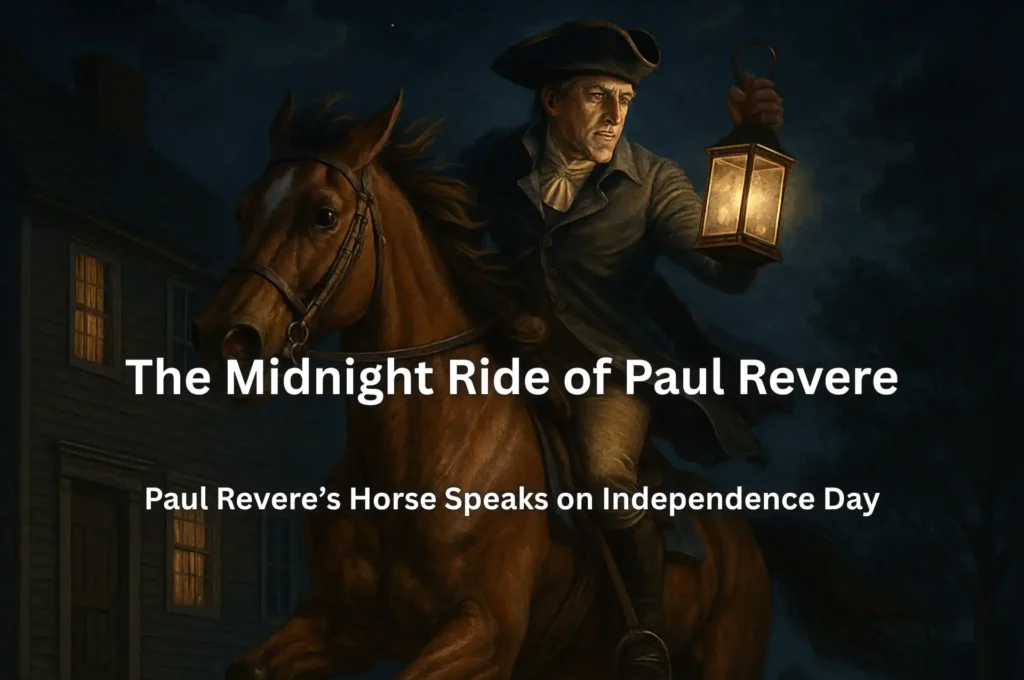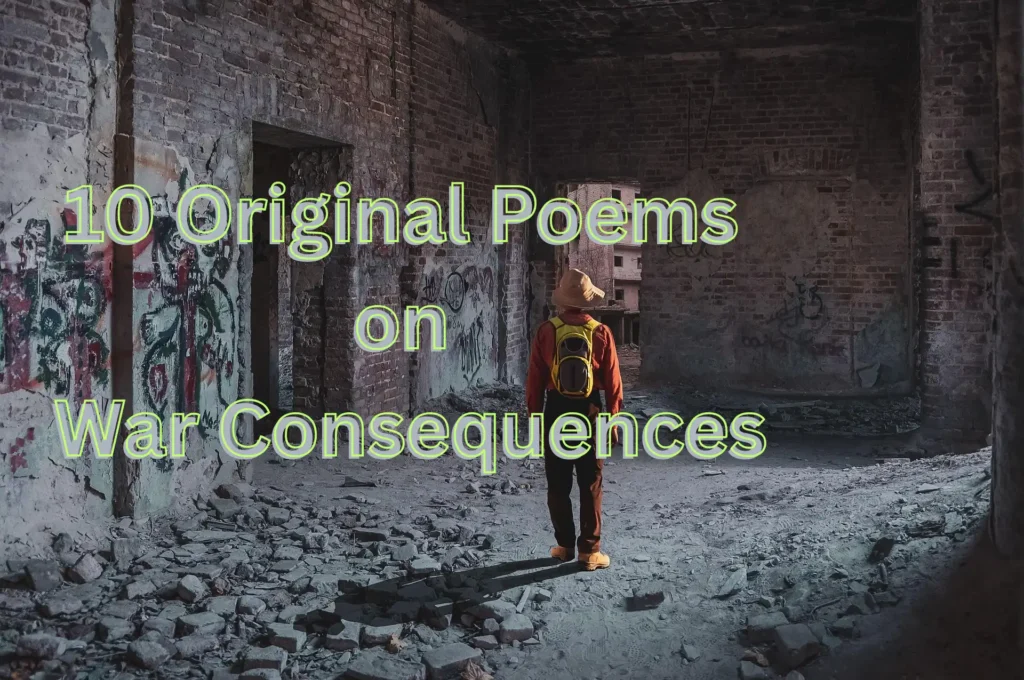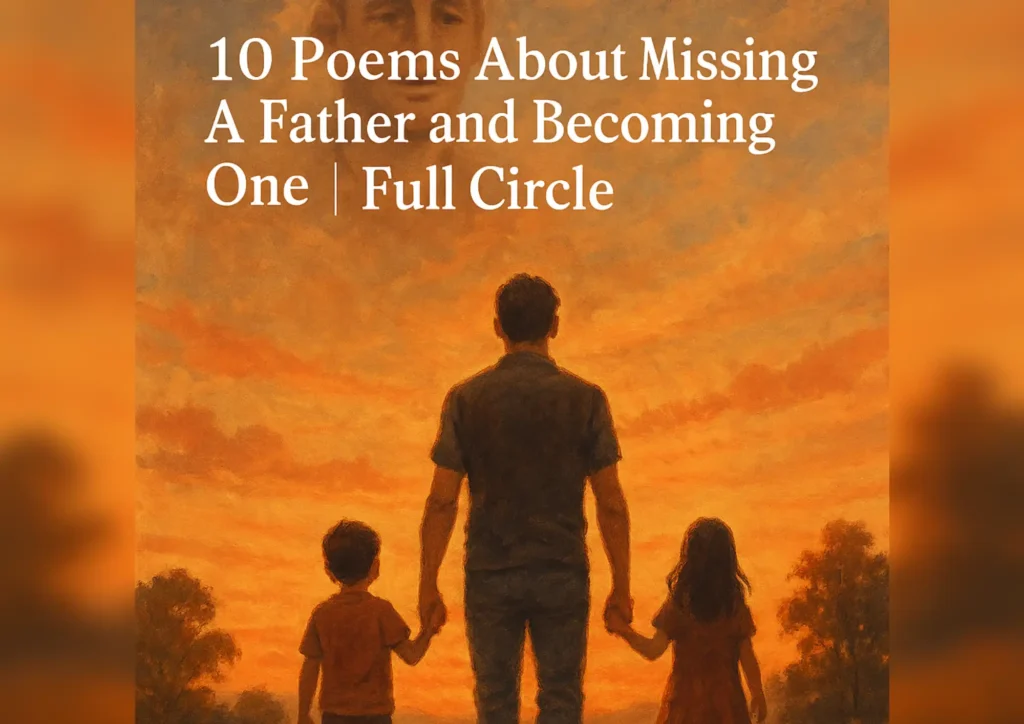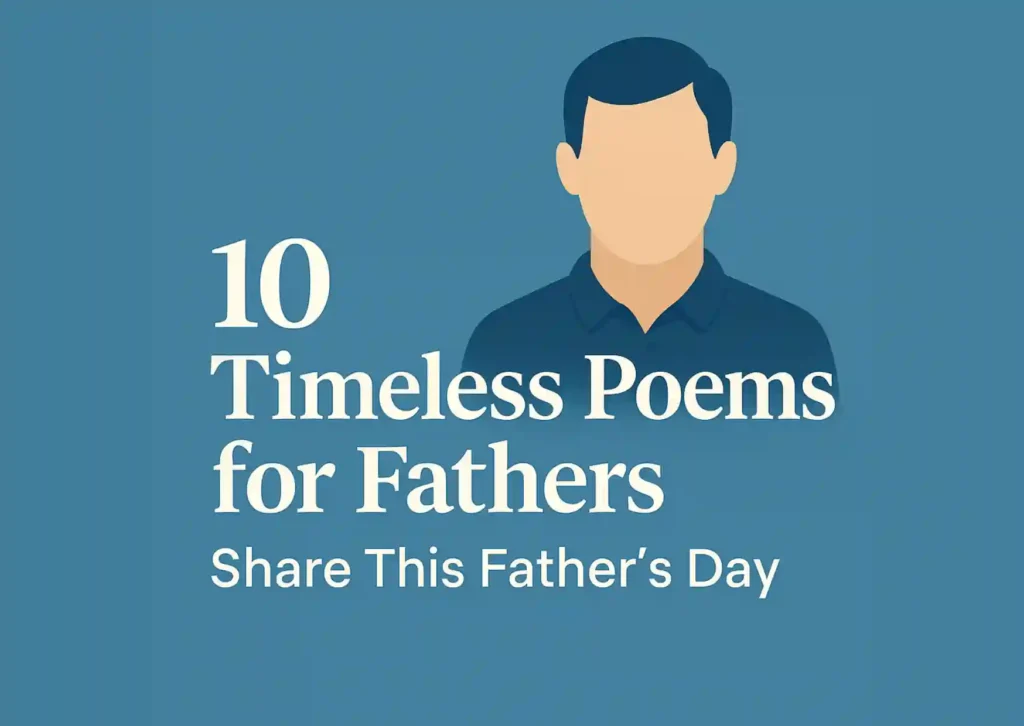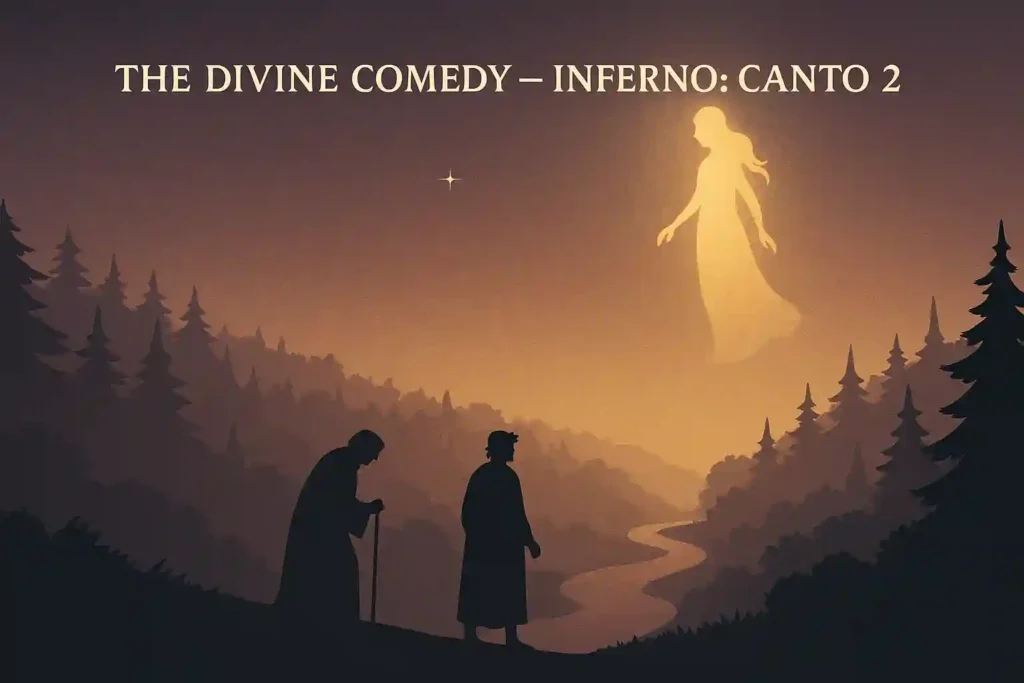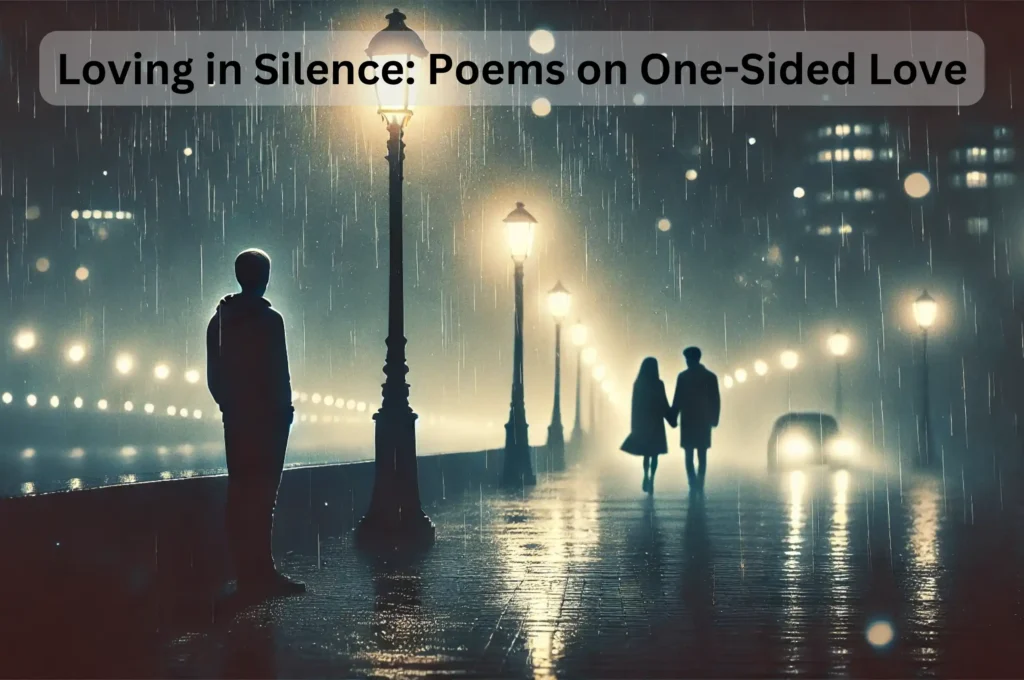The Divine Comedy by Dante Alighieri – A Journey Through Hell, Hope, and Heaven. Explore the themes, meaning, and three parts of Dante’s timeless epic that continues to inspire readers across centuries. Step into a world where sin has a structure, hope has a path, and paradise sings with light — welcome to Dante’s The Divine Comedy, one of the greatest literary journeys ever written. Whether you’re a lover of classics or just curious about that old book everyone mentions in philosophy and literature classes, The Divine Comedy offers more than poetry. It’s a powerful exploration of life, morality, and the soul’s quest for redemption.
But why has this 14th-century poem stood the test of time? Let’s explore the theme of The Divine Comedy, why you should absolutely read it, and break down its famous three parts — especially the unforgettable Inferno.
Navigate to: Poets and Poetry – Selected timeless classics | Biograph of Poet Dante Alighieri | Dante Alighieri Quotes | Poems by Dante Alighieri
Table of Contents

What Is The Divine Comedy?
The Divine Comedy is a world-famous epic poem written by Dante Alighieri, often considered one of the greatest literary works of all time. What makes this book truly fascinating is that it’s not just a story—it’s a journey. A journey through the afterlife, the soul, and ultimately, toward understanding the divine.
The poem is divided into three major parts:
- Inferno (Hell)
- Purgatorio (Purgatory)
- Paradiso (Paradise)
Together, these parts reflect a symbolic journey from sin and confusion to enlightenment and eternal peace.
The main character of the poem is Dante himself. Lost in a dark forest—both literally and spiritually—he finds himself at a crisis point in life. That’s when the Roman poet Virgil appears to guide him. Virgil leads Dante through the terrifying levels of Hell and then up the mountain of Purgatory. When Dante reaches Paradise, his guide becomes Beatrice, a woman he loved and who now represents divine love and grace.
If you’ve ever heard of The Inferno of Dante, that’s just the beginning of the adventure. Yes, the graphic imagery of sinners being punished in Hell is powerful and unforgettable—but Dante’s The Divine Comedy doesn’t stop there. The story moves beyond punishment to show hope, redemption, and ultimate joy.
Through every stage of the journey, Dante and The Divine Comedy explore deep questions:
– Why do we suffer?
– What is justice?
– Can we be forgiven?
– What does it mean to truly love and understand God?
The beauty of The Divine Comedy book lies not just in its poetry, but in its humanity. It speaks to anyone who has ever struggled, searched for meaning, or hoped for something more.
In short, The Divine Comedy is the kind of book that challenges you, moves you, and stays with you long after you’ve turned the final page.
Theme of The Divine Comedy
At its core, The Divine Comedy book is a story of redemption — of a soul that has lost its way and is desperately trying to find the light again. It begins in darkness, quite literally, with Dante wandering through a shadowy forest, confused, afraid, and unsure of where to turn. That moment represents more than just being physically lost — it mirrors the kind of spiritual confusion many of us feel in life when we question who we are, what’s right, and what our purpose is.
From that point on, Dante’s journey becomes a metaphor for the human experience — one filled with mistakes, learning, growth, and, ultimately, the possibility of grace and understanding.
Let’s take a closer look at some of the major themes that make Dante’s The Divine Comedy so powerful and timeless:
1. The Consequences of Human Choices
Throughout The Inferno, Dante encounters souls suffering in different circles of Hell — not because they were arbitrarily placed there, but because of the choices they made during their lives. Each punishment fits the sin perfectly, in a way that forces readers to reflect on the cause and effect of human behavior.
For example, the souls who gave in to lust are blown around endlessly by strong winds — a symbol of how their desires tossed them around in life. This theme reminds us that every action, big or small, has weight and consequence.
2. Justice and Mercy
One of the most fascinating aspects of The Divine Comedy dantes inferno is how it balances the idea of strict justice with divine mercy. In Hell, we see justice in its most severe form. But as Dante moves into Purgatorio and Paradiso, he begins to understand a more compassionate view — that people can change, grow, and be forgiven.
The book invites us to reflect on how justice should work in the real world. Is punishment enough? Or should there be room for mercy and redemption?
3. Spiritual Transformation
As Dante travels, he’s not just observing — he’s transforming. He begins his journey confused and emotionally overwhelmed, but each encounter helps him understand more about himself, the world, and the divine order.
This spiritual growth is one of the most inspiring themes of the book. It suggests that no matter how lost we feel, change is possible. Growth comes through self-reflection, humility, and the willingness to face hard truths.
4. The Love of God
By the time Dante reaches Paradiso, the theme shifts from judgment to love. Here, divine love becomes the center of everything. The entire universe, Dante learns, is held together by the love of God — not by rules or fear, but by compassion, beauty, and harmony.
It’s a deeply comforting idea: that at the end of our struggles, there is peace. That the divine is not cold or distant, but warm and all-embracing.
Dante and The Divine Comedy turn deep, often overwhelming ideas into vivid, unforgettable images. Whether it’s the icy betrayal in the lowest depths of Hell or the radiant light of Paradise, the poem uses storytelling to make spiritual truths feel real, relatable, and alive.
In the end, The Divine Comedy book is more than just a story about the afterlife — it’s a guide for anyone navigating the challenges of this life. It reminds us that while we may fall, we are not beyond hope. There’s always a path forward — through honesty, compassion, and love.
Why Should You Read The Divine Comedy?
Still wondering if you should pick up The Divine Comedy book? You’re not alone. At first glance, a 14th-century epic poem about the afterlife might sound a bit… intense. But once you dive in, you’ll realize why Dante and The Divine Comedy have inspired readers for centuries.
Here’s why it’s absolutely worth your time:
A Window into the Human Soul
Few books explore the depth of the human experience quite like Dante’s The Divine Comedy. From fear and guilt to hope and redemption, it’s all here. The Inferno of Dante shows the raw pain of human mistakes. Purgatorio reflects our struggle to grow and change. And Paradiso reveals the peace that comes with understanding and love.
Reading this epic isn’t just about the afterlife — it’s about this life, and what it means to be human.
Brilliant Allegory and Symbolism
Every detail in Dante The Divine Comedy carries meaning. The punishments in Hell, the steps up Mount Purgatory, the radiant spheres of Paradise — they’re not just poetic settings. They’re allegories for spiritual and moral truths.
It’s like a beautifully written puzzle that reveals something new each time you read it. Whether you’re into literature, philosophy, or simply love stories that make you think, this book delivers.
A Historical and Cultural Goldmine
The Divine Comedy by Dante Alighieri offers more than just poetic beauty — it’s a time capsule. You’ll discover how people in medieval Europe thought about politics, religion, ethics, and the afterlife.
If you’re a fan of history, this book gives you insight into the medieval mindset while showing how deeply those ideas still resonate today.
It’s Still So Relevant
Though it was written over 700 years ago, the themes in The Divine Comedy dantes inferno still speak directly to us today. Struggles with morality, questions about justice, the journey toward self-discovery — these are timeless.
In fact, many modern readers find themselves reflected in Dante’s journey. We’ve all had moments of doubt, confusion, and hope. That’s why this book continues to connect across generations.
So yes, the book Divine Comedy may take some effort to read — but the rewards are immense. It’s not just a story; it’s an experience. One that can challenge you, comfort you, and open your eyes to a deeper way of thinking.
Dante and The Divine Comedy don’t just tell you about heaven and hell — they invite you to look within and ask, Where am I on my own journey?
The Three Parts of Dante’s The Divine Comedy
Dante The Divine Comedy isn’t just one long story — it’s a journey told in three unforgettable acts: Inferno, Purgatorio, and Paradiso. Each part represents a different stage of the soul’s path — from sin, to purification, to divine love.
Let’s take a walk through the grand structure of the book Divine Comedy, and discover what makes each part so uniquely powerful.
1. Divine Comedy: The Inferno
The Inferno of Dante is where the journey begins — in darkness.
Dante finds himself lost in a shadowy forest, symbolizing spiritual confusion. He’s rescued by the Roman poet Virgil, who leads him through the terrifying and mesmerizing circles of Hell. These aren’t random levels of fire and brimstone — each of the nine circles of Hell is reserved for a specific kind of sin, from gluttony to treachery.
Here’s where Dante and The Divine Comedy become brutally honest. This part of the poem shows how the soul suffers when it’s disconnected from truth and virtue. The imagery is unforgettable: lovers tossed by violent winds, flatterers drowning in filth, traitors frozen in a lake of ice. It’s haunting, intense, and deeply symbolic.
No wonder Divine Comedy: The Inferno is the most famous part of the trilogy — it grabs you by the soul.
2. Purgatorio – The Climb of Hope
After facing the horrors of Hell, Dante moves upward — quite literally — in Purgatorio, the second part of The Divine Comedy book.
Here, Virgil guides him up the mountain of Purgatory, where souls are no longer damned, but are slowly being purified of the sins that once held them back. Each terrace of the mountain is dedicated to one of the seven deadly sins, and the souls work through their faults with effort, reflection, and prayer.
This is where Dante’s The Divine Comedy shifts in tone. There’s still struggle, but now there’s also hope. Light breaks through the darkness. The idea that people can change, evolve, and heal becomes central.
If Inferno is the fall, Purgatorio is the climb — and every step is a lesson in grace.
3. Paradiso – The Realm of Light
The final ascent in the Divine Comedy book is into the heavens. Virgil steps aside, and Dante’s beloved Beatrice becomes his guide through the nine celestial spheres of Paradiso.
Here, the language becomes more philosophical, the ideas more abstract — but also more breathtaking. Dante meets saints, mystics, theologians, and even great thinkers like Thomas Aquinas and Solomon. The journey becomes one of divine insight and perfect love.
In Paradiso, Dante and the Divine Comedy shine with spiritual brilliance. The soul’s final reward isn’t gold or glory — it’s unity with the divine. And when Dante finally beholds God, it’s not through thunder or spectacle, but in the stillness of pure, eternal love.
It’s the kind of ending that stays with you long after you’ve closed the last page.
Together, these three parts form not just a story — but a soul map. From the terrifying truths of Divine Comedy: The Inferno, through the healing journey of Purgatorio, to the transcendent peace of Paradiso, this masterpiece offers something rare: a poetic mirror of human life, struggle, and ultimate purpose
Final Thoughts: Why The Divine Comedy Still Matters
Reading Dante’s The Divine Comedy isn’t just a literary experience — it’s a spiritual quest. This isn’t a book you simply read and shelve. It’s a story you live. You walk with Dante through fear, confusion, hope, and revelation. You confront your own darkness in Divine Comedy: The Inferno, learn to rise in Purgatorio, and open your soul to the light in Paradiso.
The brilliance of the book Divine Comedy lies in how timeless and personal it feels. Written in the 1300s, yes — but echoing every modern struggle of the human heart. If you’ve ever felt lost, battled guilt, or questioned your purpose, Dante and The Divine Comedy understand that.
And more than that — they offer a way forward.
Through richly layered allegory, poetic beauty, and unflinching honesty, Dante’s The Divine Comedy reminds us that transformation is possible. That no matter how far we fall, there’s always a path upward. That justice and mercy can coexist. That divine love is not a distant idea — it’s something that can be felt, seen, and reached for.
So why should you read The Divine Comedy book?
Because it’s more than a classic. It’s a guide.
Whether you’re diving into the Inferno of Dante, ascending with hope, or simply searching for meaning — this epic will meet you exactly where you are.
And walk beside you.
List of Poets in Alphabetical Order
कवियों की सूची
Explore our Literature YouTube Channels:
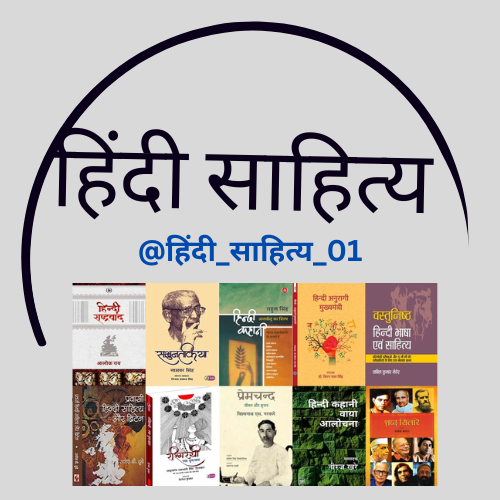
YouTube Channel Link:

YouTube Channel Link:

YouTube Channel Link:
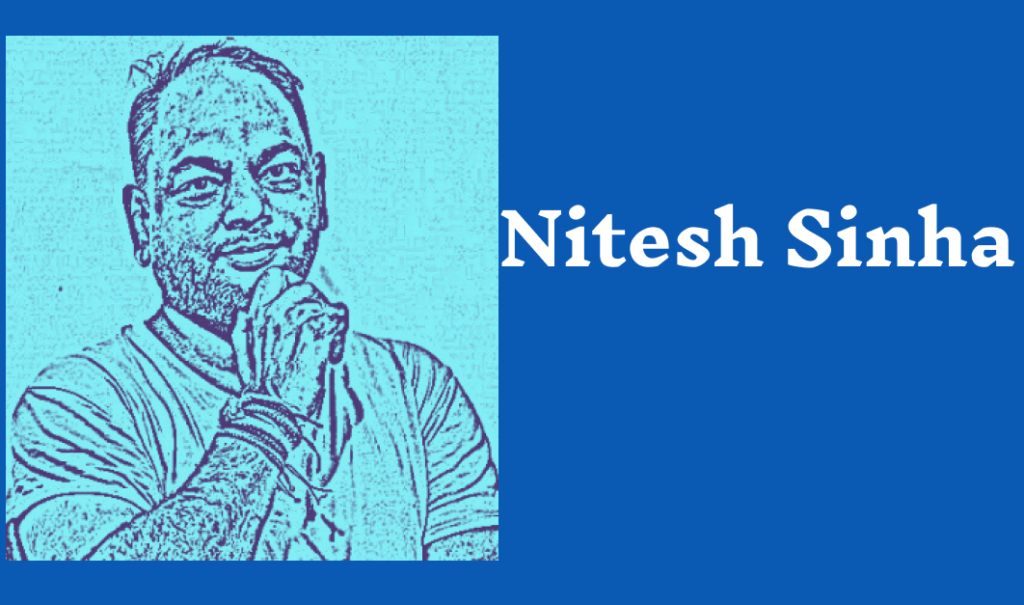
YouTube Channel Link

